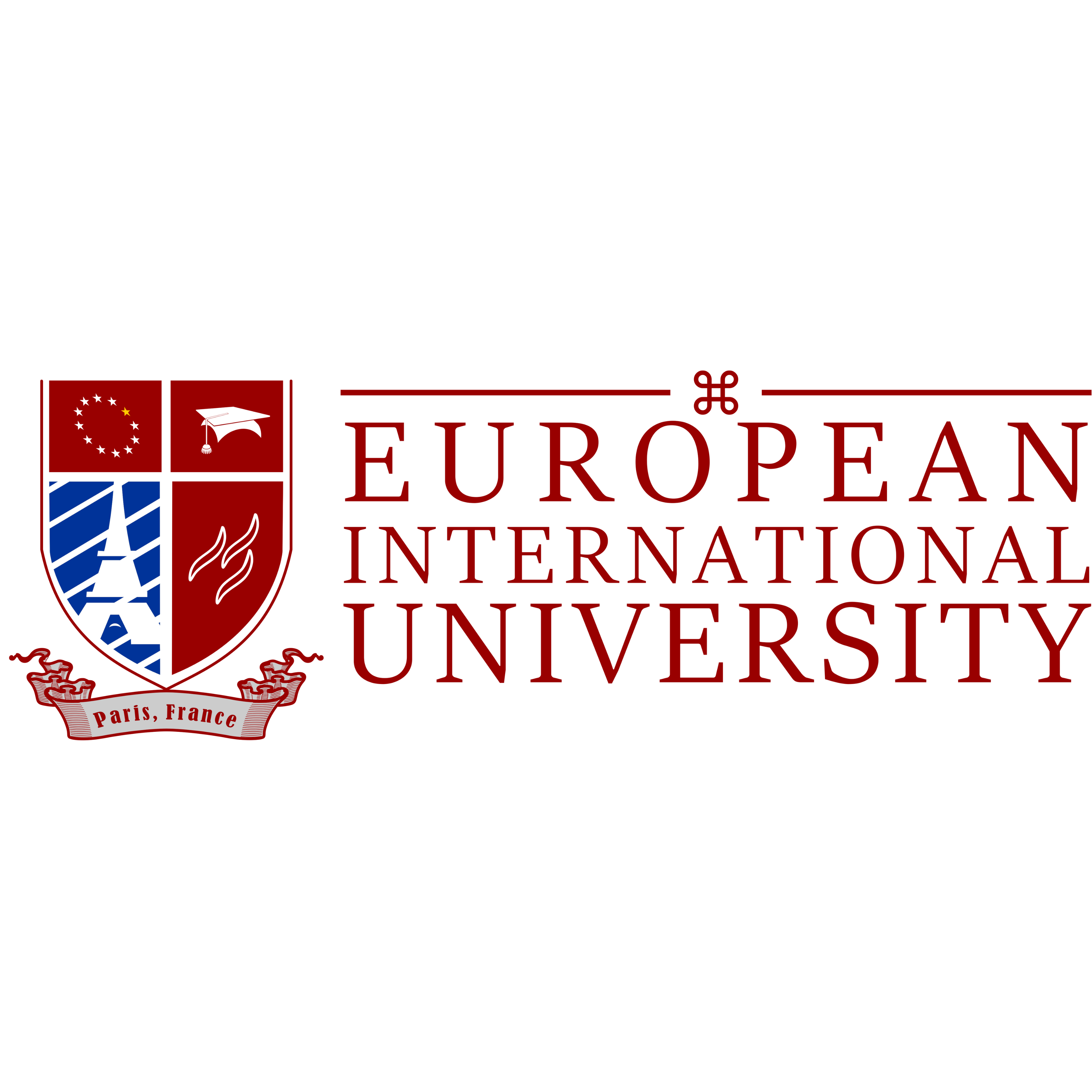
The Doctor of Management (D.Man) is a professional doctoral degree designed for experienced managers, executives, and leaders seeking to advance their expertise in organizational leadership and strategic management. Unlike traditional PhDs, the D.Man emphasizes applied research that directly addresses real-world business challenges, blending academic rigor with practical relevance.
Candidates engage deeply with contemporary management theories, leadership strategies, and organizational development principles, while conducting research projects that improve decision-making, innovation, and operational effectiveness within their organizations or industries. The program often covers topics such as change management, corporate governance, ethical leadership, and global business dynamics.
Ideal for professionals aiming to enhance their leadership capabilities or transition into consulting, academia, or senior executive roles, the D.Man fosters critical thinking, strategic insight, and advanced problem-solving skills. Graduates are equipped to influence organizational performance, lead transformative initiatives, and contribute to the body of knowledge in management practice.
Throughout the program, candidates develop a dissertation or applied project that delivers actionable solutions to pressing management issues, reflecting a commitment to both scholarship and practical impact. This makes the Doctor of Management particularly valuable for those balancing career advancement with academic achievement.
Ultimately, the D.Man empowers leaders to drive sustainable growth, foster innovation, and shape the future of organizations in a dynamic global business environment.